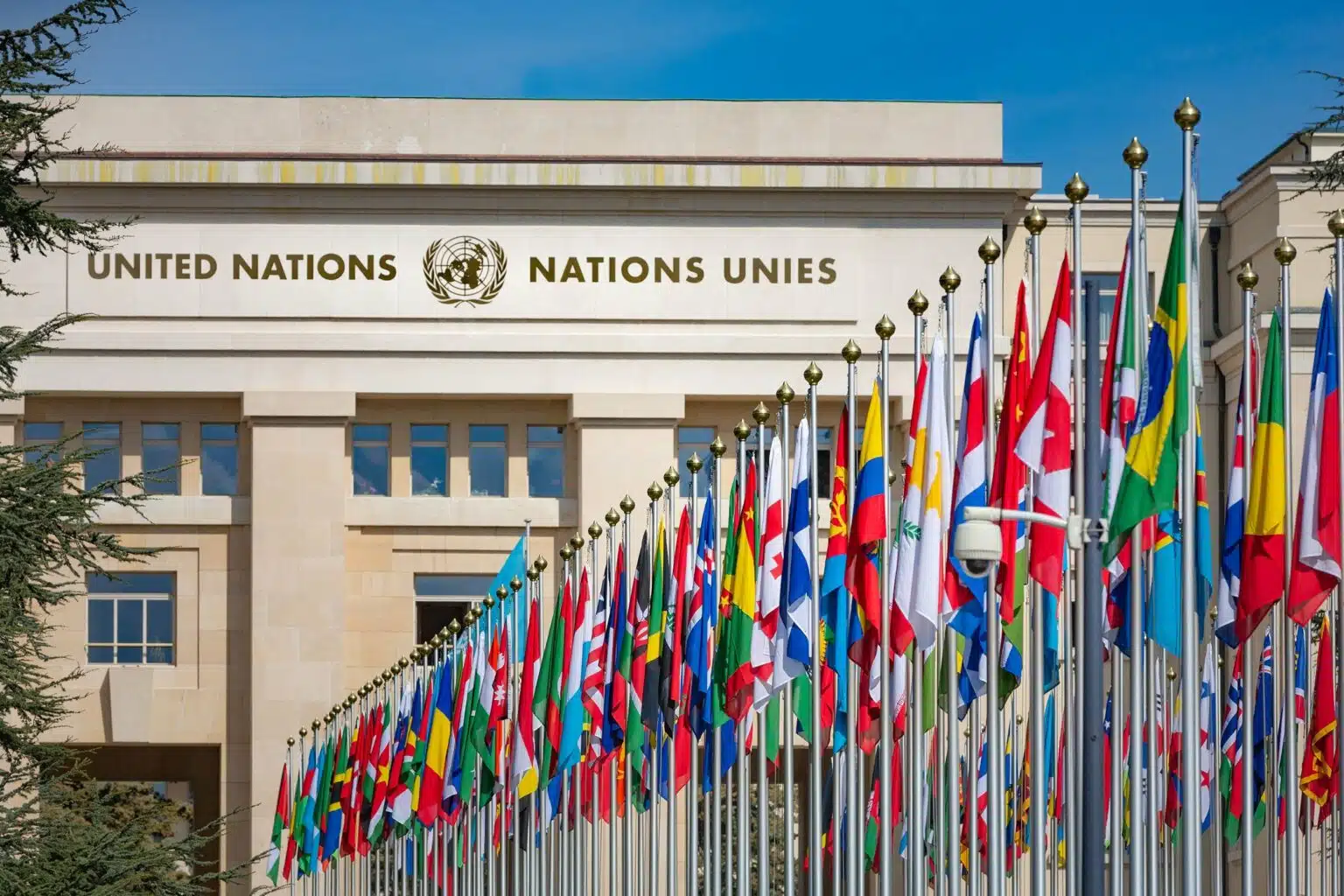Sudan’s envoy from the U.N., in his farewell address to the U.N. Security Council on Wednesday, who had been rejected by the country’s military leadership, announced his resignation and warned that the struggle between the competing military commanders in Sudan “could be transforming into a full-blown civil war.“
The combat is still going on, according to Volker Perthes, who continues to wage war outside of Sudan, and neither party appears to be near “a conclusive military triumph.” The conflict in Sudan’s western Darfur area, he added, “has escalated dramatically,” with populations being harassed based on their ethnic background.

Table of Contents
Sudan: Just A Conflict Or Another Civil War Incoming?
From mid-April an onset of open combat between the paramilitary Rapid Support Forces, led by Gen. Mohamed Hamdan Dagalo, and the Sudanese military, led by Gen. Abdel Fattah Burhan.
Based on reliable information the U.N. Joint Human Rights Office acquired, there are at least 13 burial sites in and around Geneina, the provincial seat of West Darfur. This was claimed by the ambassador. Perthes said that the burials were the consequence of atrocities on residents, especially African populations, by the RSF and its affiliated Arab militias. A genocidal operation took place in the western Darfur region at the beginning of the 2000s.
Edem Wosornu, the chief of operations of the U.N. humanitarian office, informed the council that more than 20 million people, or over fifty per cent of the population of Sudan, are suffering from severe malnutrition and a shortage of food.
Additionally, she added, “More than 6 million people are currently mere inches farther from famine.” The possibility of this calamity becoming a reality is getting nearer every day if the war goes on.
According to Wosornu, more than 1 million people have sought asylum in neighbouring countries and 4.1 million have been forced to evacuate their homes due to war, who also stressed that displacement and instability “have driven cases of sexual violence to distressing levels.”
UN On The Conflict
Perthes played a significant role in mediating the crisis when it started, but the military administration accused him of prejudice and told U.N. Secretary-General Antonio Guterres that he had been designated persona non grata on June 8.
The U.N. condemned the action, asserting that it violates the U.N. Charter to designate a member of its staff persona non grata unacceptable to the government.
Perthes, who was named Sudan’s special envoy in January 2021, announced his resignation in a statement that advocated peace talks between the warring parties and cautioned them that “they cannot operate with impunity.” “There will be consequences for the atrocities committed,” he declared.
At a press conference, Guterres said that he had granted Perthes’ resignation and stated, before going into any detail, that the representative “has extremely compelling grounds to quit.”
Perthes also cautioned against ” the possibility of a separation of the country,” citing several crises that were compounding one another, such as Darfur, the international mobilisation of Arab tribes, fighting between the Sudanese military and rebels in the hinterland of South Kordofan and the Blue Nile, and escalating tensions in eastern Sudan due to ongoing tribal mobilisation.
In addition, he said, “The mobilisation by erstwhile regime forces campaigning for an extension of the war is of special significance.” He was alluding to the long-time dictatorial head of Sudan, Omar al-Bashir, who was overthrown in a popular revolt in 2019.
Conclusion
When Perthes responded to the Security Council, the armed forces of Sudan threatened to terminate UNITAMS, the organization’s political duty there. U.S. Ambassador Linda Thomas-Greenfield called the allegations outrageous and said “No country should be permitted to jeopardise this council’s capacity to effectively carry out its obligations for security and stability.”
The Security Council session began with a report from the ambassador of Ghana, who serves as chair of the panel overseeing measures on Sudan, in an extremely rare process intended to attempt to sustain the U.N. mission. Sudan’s U.N. Ambassador Al-Harith Mohamed then took the floor.
According to him, the government “is in charge of the political and security measures and is in touch with all countries in the region and international terrorist to bring an end to the war,” and it has “the entire backing of the Sudanese people who unambiguously oppose the presence of the Rapid Support Forces.”
Ferit Hoxha, the ambassador of Albania to the United Nations, then gaveled the conclusion of that council meeting and, when the ambassador of Sudan had gone, he gaveled the beginning of a fresh meeting to discuss Perthes’ information and the secretary-general’s latest report on Sudan.
Perthes was informed by Thomas-Greenfield that the US laments his leaving. He didn’t discuss what he would do next. Perthes, a prior German researcher with strong experience in international relations, worked as the institute’s director and chief executive officer from September 2005 until September 2020. He worked for the United Nations as an assistant secretary-general and senior advisor to the country’s special envoy from 2015 to 2018.













